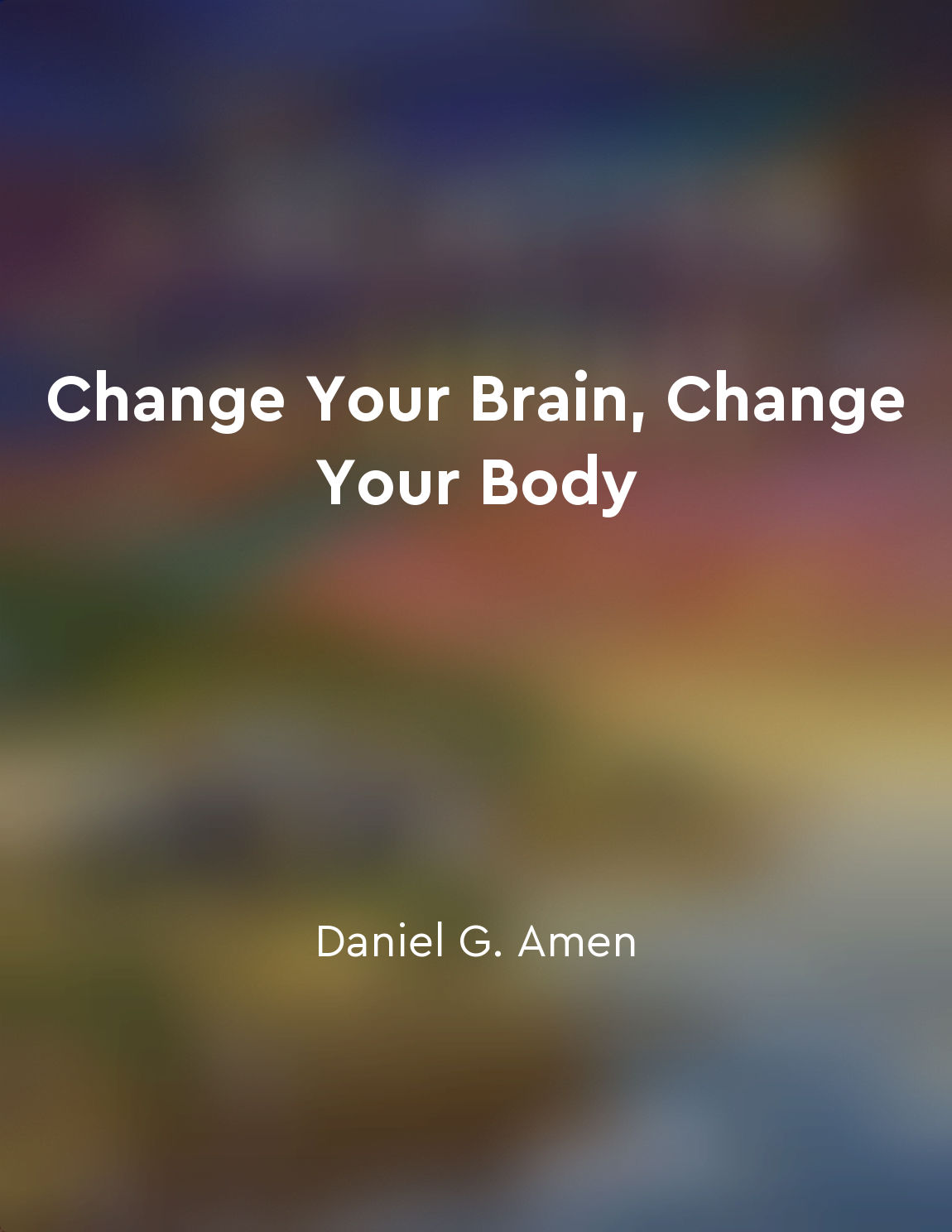Sleep well to think well from "summary" of Brain Rules (Updated and Expanded) by John Medina
To think well, you must first sleep well. This is a fundamental concept that is often overlooked in our fast-paced society. Our brains require sufficient rest in order to function optimally. When we are sleep deprived, our cognitive abilities suffer. We have difficulty focusing, making decisions, and retaining information. In short, we become less effective thinkers. During sleep, the brain undergoes a process of memory consolidation. This is when new information is transferred from short-term memory to long-term memory. Without adequate sleep, this process is disrupted, leading to forgetfulness and impaired learning. In addition, sleep is essential for cognitive functions such as problem-solving, creativity, and critical thinking. Research has shown that even a brief nap can improve cognitive performance. Naps have been found to enhance memory, concentration, and decision-making. This is because sleep helps to clear the brain of toxins that accumulate during waking hours. By giving the brain a chance to rest and recharge, we can think more clearly and effectively. In today's society, we often sacrifice sleep in favor of productivity. We stay up late working or studying, thinking that we are being more efficient. However, this approach is counterproductive in the long run. Without sufficient sleep, our cognitive abilities are compromised, and we are unable to perform at our best.- Prioritize sleep. Aim for 7-9 hours of quality sleep each night. Create a sleep-friendly environment by keeping your bedroom cool, dark, and quiet. Establish a bedtime routine to signal to your brain that it is time to rest. By prioritizing sleep, you will not only improve your thinking abilities but also enhance your overall health and well-being.
Similar Posts

Aging is a complex process involving a variety of factors
Aging is not a simple linear process that can be attributed to one single cause. It is a complex interplay of various factors t...

Avoiding artificial additives is important for brain health
The food industry has changed dramatically over the past few decades. Processed foods have become a staple of the modern diet, ...
Be open to new experiences and opportunities
One of the most important things you can do as a freshman is to keep an open mind. Being open to new experiences and opportunit...

Understanding how it works can enhance your life
Understanding how your brain works can enhance your life in ways you may not have imagined. Our brain is a complex organ that c...
Electrical stimulation can improve brain function
In the field of neurology, a groundbreaking concept has emerged: electrical stimulation has the potential to enhance brain func...
Cultivate resilience to overcome mental challenges
Building resilience is crucial when facing mental challenges. It involves developing the ability to adapt and bounce back from ...
B vitamin deficiency can impact brain energy metabolism
B vitamins are essential for the body to efficiently convert food into energy, a process crucial for brain function. Without su...

Positive thinking can boost brain health
According to the latest research studies, positive thinking has a powerful impact on brain health. When you cultivate a positiv...
Practice relaxation techniques before bed
One of the most effective ways to prepare your body for sleep is to engage in relaxation techniques before bed. By taking the t...
Memory's fallibility highlights brain's limitations
The brain is an incredible organ, capable of processing vast amounts of information and storing memories that shape our identit...

